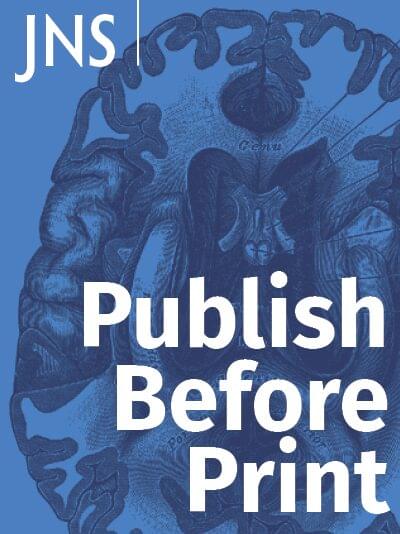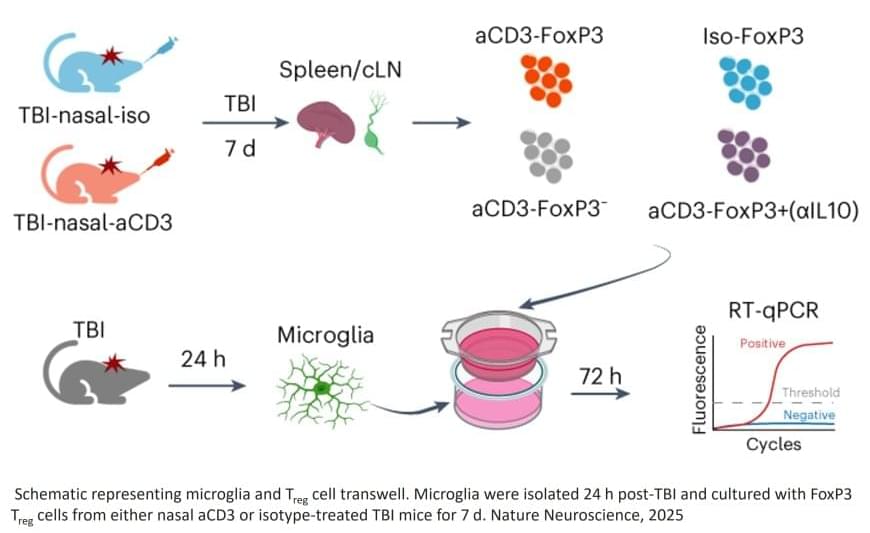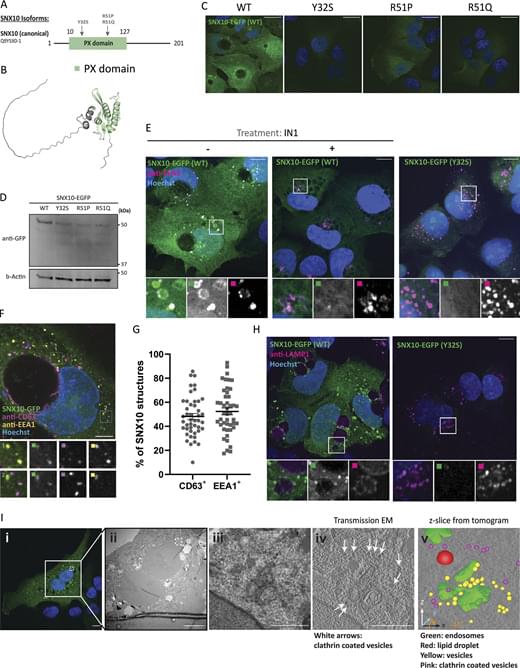Radiologically, Chiari malformation type I (CM-I) is characterized by cerebellar tonsil herniation of at least 5 mm through the foramen magnum. In symptomatic cases, posterior fossa decompression (PFD) surgery is often performed and improves symptoms in approximately 75% of patients. However, the surgery involves risks, and identifying which candidates will benefit from surgery is important. It has previously been shown that the amount of tonsillar descent does not correlate with symptom severity or surgical outcomes. The authors hypothesized that using advanced neuroimaging methods to directly measure CSF flow and brain motion will give insights regarding which patients have the greatest likelihood of cerebral dynamic improvements from surgery.
Here, the authors evaluated 108 CM-I patients (age 19–70 years), 61 of whom underwent PFD surgery. The authors used phase-contrast MRI to measure CSF flow/stroke volume and cine displacement encoding with stimulated echoes (DENSE) imaging to measure brain motion, with a goal to predict postsurgical cerebral dynamic improvements from presurgical images.
The authors found that CSF stroke volume increased after PFD surgery by 28.9% (p = 0.014), brainstem motion decreased after surgery by 17.3% (p = 0.002), and cerebellum motion decreased 45.2% (p < 0.001). Notably, the amount of CSF flow increase after surgery had no relationship to tonsillar descent (R = 0.059, p = 0.767) but did relate to the amount of presurgical CSF flow (R = −0.518, p = 0.005). Likewise, improvements to brain motion were better predicted by the amount of presurgical motion (brainstem, R = −0.638, p < 0.001; cerebellum, R = −0.878, p < 0.001) than by tonsillar descent (brainstem, R = −0.312, p = 0.093; cerebellum, R = −0.620, p < 0.001).








